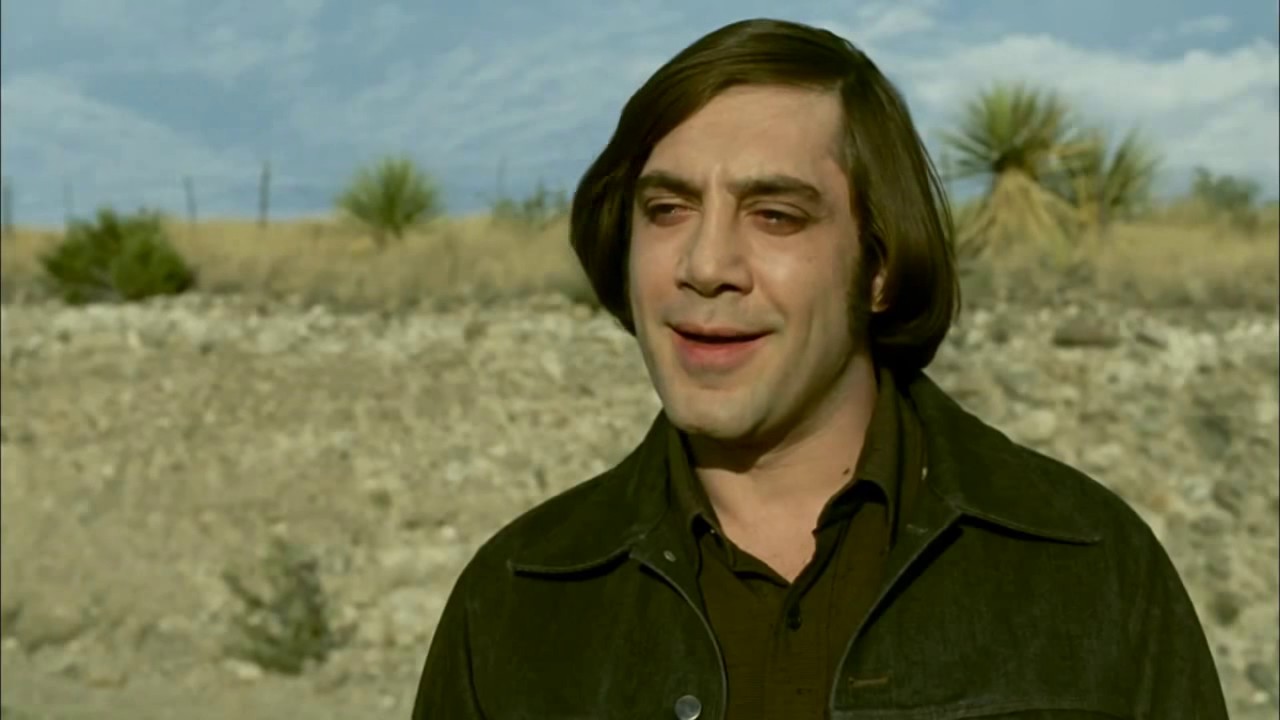
The Academy Awards have changed considerably in the 21st Century. What is seen as an “Oscar movie” has changed considerably, and thanks to longer awards seasons that put more emphasis on festival debuts, the eventual winners are often determined based on the aggressive studio marketing campaigns.
The award for Best Picture is often a representation of the year in film, and some of these winners have aged better than others. Sometimes, Best Picture goes to a genuine masterpiece like On the Waterfront, The Godfather, or Silence of the Lambs, while other times it can go to a thoroughly forgettable film like Out of Africa or Driving Miss Daisy.
In the past twenty years, the Oscars have awarded both great and mediocre films, as well as one thoroughly terrible one. While the Oscars aren’t the end all determination of the best in film, they do indicate how the industry feels at the time of a current ceremony. Here are all of the Best Picture winners of the 21st Century, ranked worst to best.
20. Crash
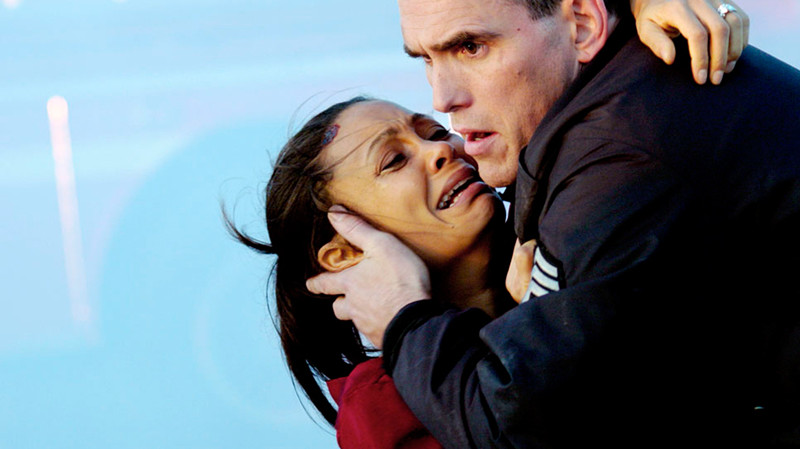
One of the worst Best Picture winners in history, Crash is a colossal creative failure that is representative of all of the Oscars’ worst tendencies. It’s a film that aims to subvert stereotypes, yet only conforms to these stereotypes through its shallow characters and cheesy means of interconnecting them with its convoluted narrative. While the film asks the audience to look deeper into every character as it explores xenophobia and race relations, the screenplay itself doesn’t develop any of the characters adequately.
The cast can’t be faulted for the end product, and admittedly Thandie Newton, Michael Pena, Matt Dillon, and Sandra Bullock give standout performances. Crash has noble intentions, but it comes off as a first draft that doesn’t grasp the complexity of modern Los Angeles. In a year that saw Steven Spielberg’s devastating Munich, George Clooney’s fascinating media study Good Night, and Good Luck, Bennet Miller’s powerful biopic Capote, and Ang Lee’s modern classic Brokeback Mountain, the choice to give Crash the Best Picture Oscar is downright embarrassing.
19. The Shape of Water
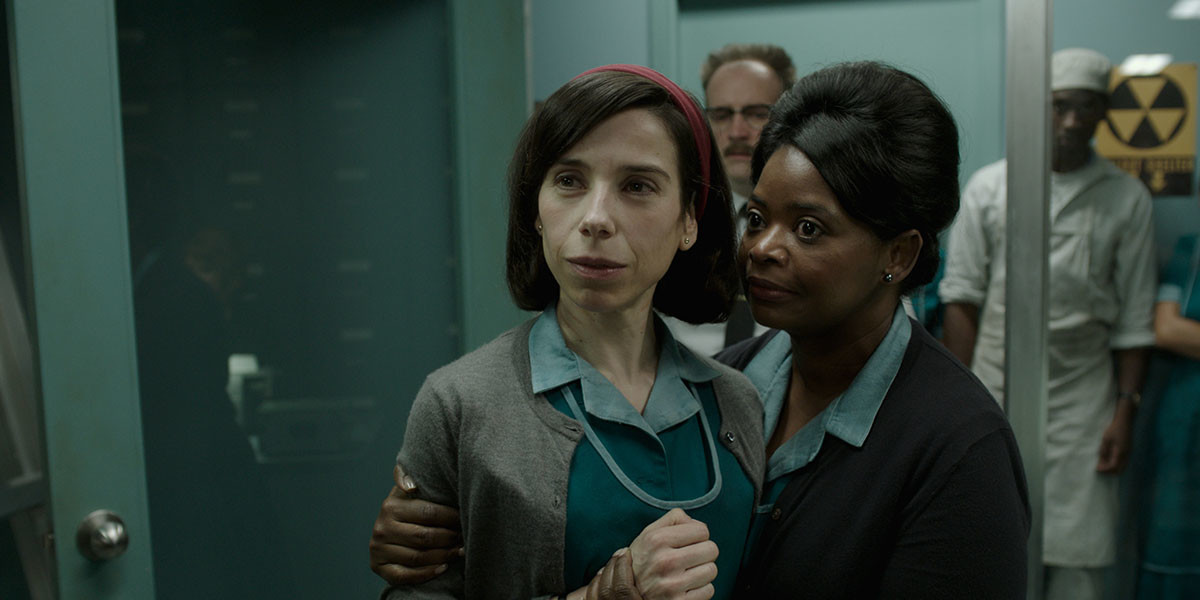
It should be noted that there is a massive quality gap between #19 and #20; Crash is a terrible film, and The Shape of Water is a thoroughly charming tribute to movie monsters and Old Hollywood. The characters are all likeable and charming, and while the struggling relationship between a mute woman (Sally Hawkins) and an amphibian creature (Doug Jones) fits the mold of any timeless romance; Guillermo del Toro even goes as far as having a musical number inspired by classic musicals.
It’s this sincerity that del Toro has with the material that elevates it, as well as the stunning production design, visuals, and costumes. The story is rather simple and raises some serious logical concerns, and some characters like Michael Shannon’s villainous Colonel Richard Strickland feel very over the top. It’s an inspired film from a very talented filmmaker, but considering this was the year of Lady Bird, Call Me By Your Name, Get Out, Dunkirk, and Phantom Thread, it feels like an odd winner.
18. Green Book
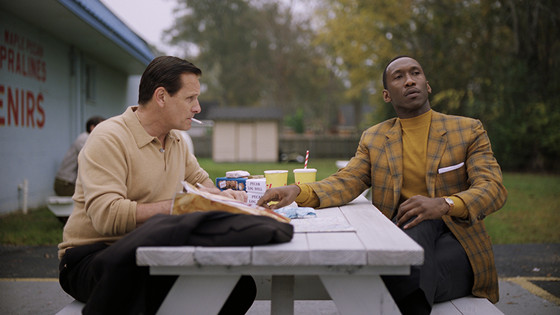
Perhaps one of the most controversial Best Picture winners in history, Green Book was seen by many as a crowd pleasing throwback to classic buddy comedies, yet seen by others as a regressive depiction of race relations that sanitizes the gravity of its material. Indeed, Green Book is both; there is a charm to the film’s corny, straightforward road adventure that allows the characters to learn from each other, but it’s also unsettling how little the film actually goes into the reality of racial politics.
The best part of the film is undoubtedly the chemistry between Viggo Mortensen and Mahershela Ali, and both actors are able to add nuance to these fairly basic characters. As Tony Lip, Mortensen is able to add touches of vulnerability to a character who always escalates a situation, and Mahershela Ali depicts the struggle of having to remain polite in the face of hatred and disrespect. Even when the script goes to familiar places, these two remain charming on screen together, but it doesn’t make Green Book a better film than fellow nominees like Roma, The Favourite, BlacKkKlansman, or Vice.
17. Chicago
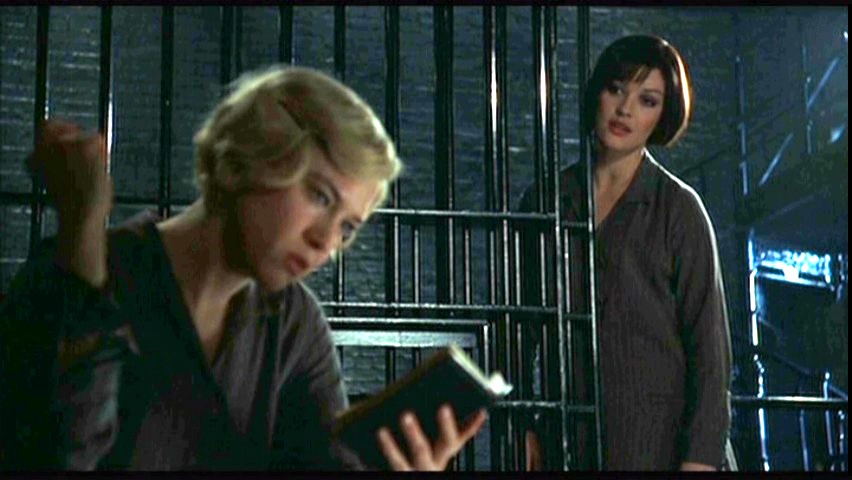
Revitalizing the movie musical with lavish production design and extravagant musical numbers, Chicago is a fresh take on the iconic musical that nonetheless simplifies some of the material. Every performance is bold and gripping, and in particular Catherine Zeta-Jones as showgirl Velma Shelly and John C. Reilly as the hapless Almos Hart are scene stealers. The musical numbers capture all of the heart and humor of the songs, and do a good job at reflecting the gray morality of the characters.
Where the film falters are any scenes that aren’t music heavy; Rob Marshall is a competent filmmaker, but ultimately much of the film feels like filler used just to connect the dots between the songs. There’s little subtlety to the character motivations, but that’s often not a concern considering the film is so damn enjoyable. It’s a fun movie, but certainly it did not deserve a win over Gangs of New York, Lord of the Rings: The Two Towers, and The Pianist.
16. The Artist
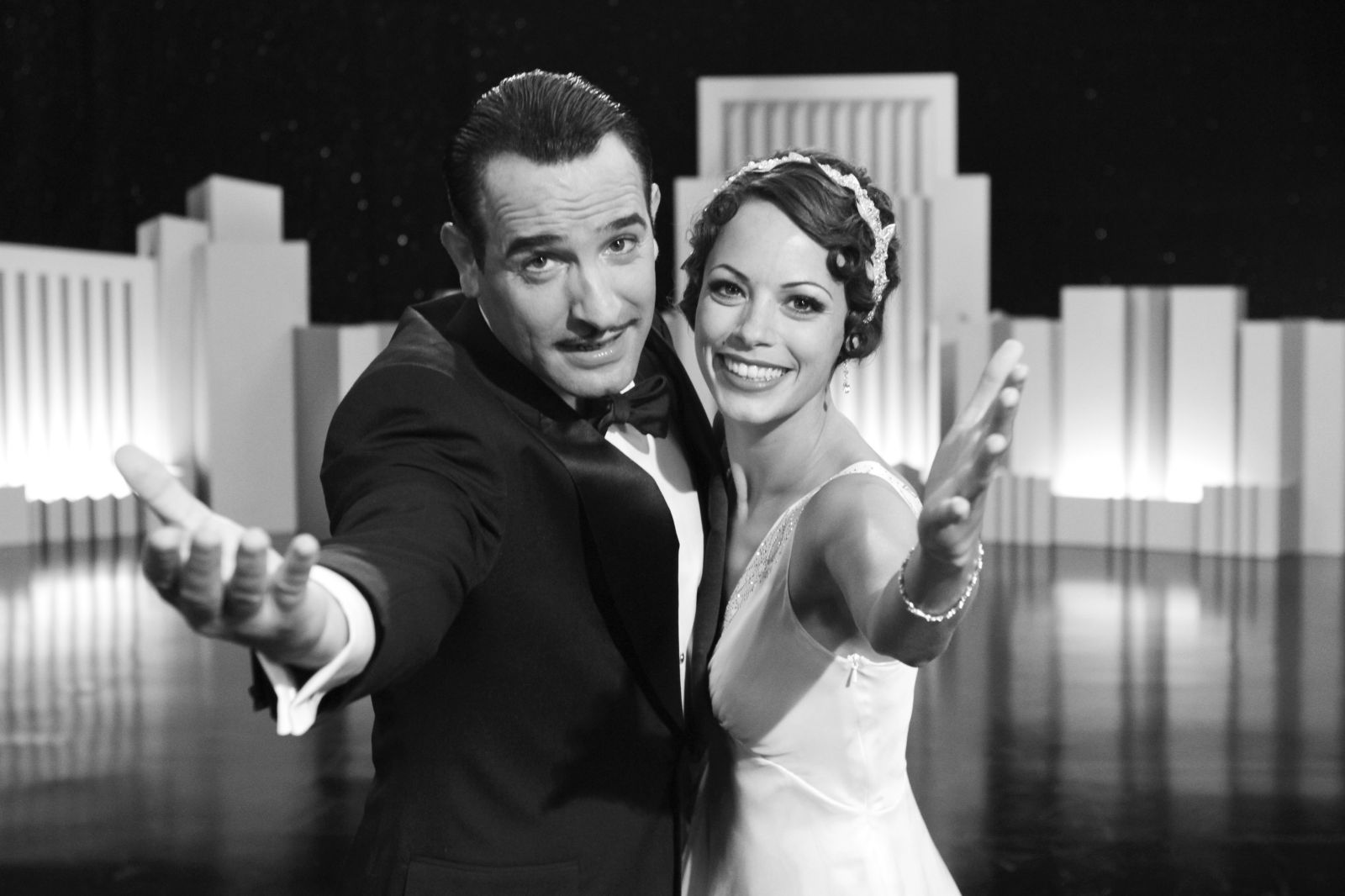
One of the most fascinating elements of modern Oscar culture is the industry’s obsession with Old Hollywood nostalgia and a classic depiction of what cinema is. No film represented that more than The Artist, a black and white silent film that follows George Valentin (Jean Dujardin), a silent movie star that questions his role in the film industry with the rise of the “talkies.” Not only a tribute to silent films, The Artist explores the very nature of a changing industry.
It’s an often dazzling work of cinematic energy, complete with joyous music and a committed comedic performance from Dujardin, as well as memorable side characters such as Berenice Bejo as the rising star Penny Miller and the iconic movie dog Jack. It fits the mold of a classic crowd pleaser, but it’s also not particularly challenging or groundbreaking. If the Oscars were interested in pushing the medium forward and not looking at the past, they could’ve chosen fellow nominees The Tree of Life, Moneyball, The Descendants, or Midnight in Paris.
15. Slumdog Millionaire

Another film that fits the mold of a crowd pleaser, Slumdog Millionaire is a rewarding piece of uncynical triumph told with the signature craftsmanship of Danny Boyle. Boyle is a filmmaker who loves to explore the macro through the micro, and he achieves this by framing the entire story around Jamal Malik (Dev Patel) explaining his story to his captor after winning the top prize on Who Wants To Be A Millionaire?
The structure isn’t distracting, and Boyle works very hard to make Jamal a relatable character who goes through hardships as he escapes poverty. The production is filled with color and energy, particularly when it comes to the touching romance between Jamal and his girlfriend Latika. While it’s one of the best examples of a film that satisfied both voters and the general population, Slumdog Millionaire was also released the same year as The Dark Knight, a film that was much more thematically rich and was completely snubbed for major awards.
14. Million Dollar Baby
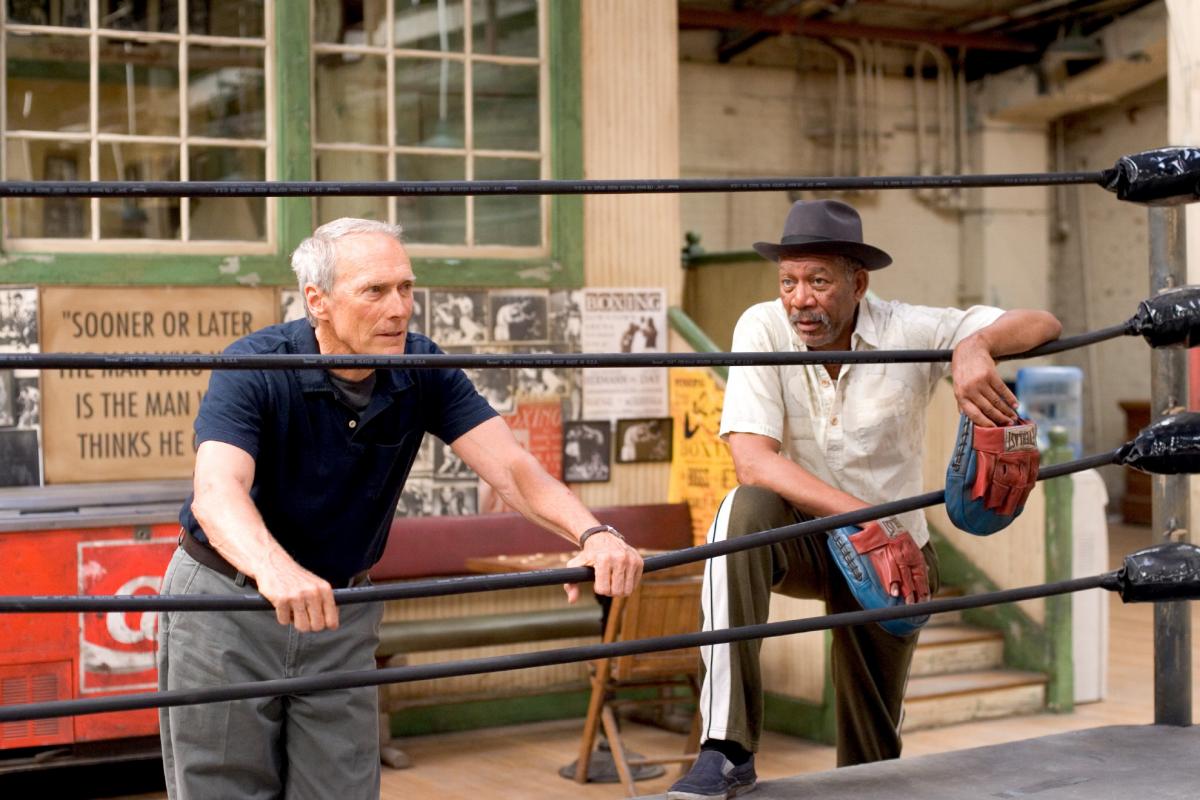
The second Clint Eastwood film to win Best Picture after Unforgiven, Million Dollar Baby is another powerful story of regret and trauma that depicts Eastwood’s character as a man wrestling with his own legacy. Eastwood’s character Frankie Dunn is a lifelong boxing trainer whose life is uprooted when he begins to train Maggie Fitzgerald (Hillary Swank), a young and successful boxer with her eyes on a WBA championship title.
The powerful performances of Eastwood and Swank breathe life into characters who are more than boxing movie clichés, and although the film is definitely intending to be a tear-inducing gut punch by the end, it earns all the emotional weight of the story it depicts. Eastwood’s sturdy, straightforward direction is ideal for the raw boxing sequences, as well as the intensely emotional third act. Sideways and The Aviator may have been better films overall, but Million Dollar Baby is not an undeserving winner.
13. A Beautiful Mind
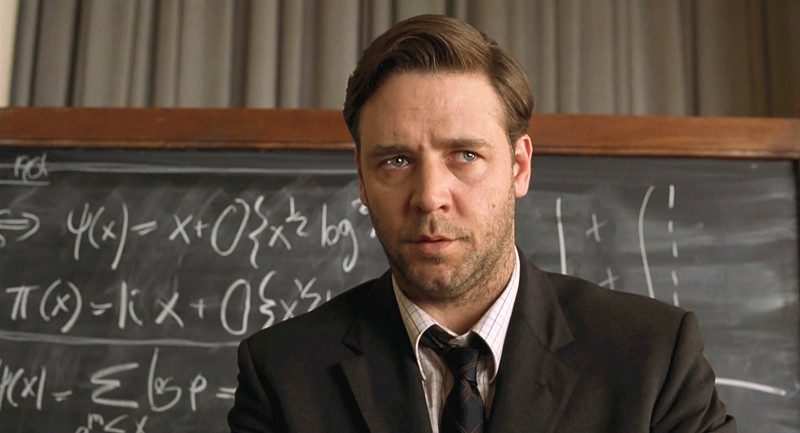
While it is often cited as the epitome of “Oscar bait” and is ranked low on many Best Picture rankings, A Beautiful Mind is a much better film than its reputation suggests and uses many creative tactics to get the viewer to live within the mind of the brilliant mathematician John Nash (Russel Crowe). Nash, a paranoid schizophrenic, suffered from many delusions and imagined entire situations and people that didn’t exist, and the film uses his conditions as a twist, allowing the audience to feel the same shock that Nash does.
The film makes the transition from a whimsical coming of age story to a harrowing psychological drama with ease, and Ron Howard’s methodical direction spares no expense in showing the details of what Nash studies. Russel Crowe delivers one of the best performances of his entire career as Nash, and is believable as a tortured genius. It is hard to call a film that won Best Picture “underrated,” but A Beautiful Mind is a winner that is worth giving a second look.
12. Gladiator
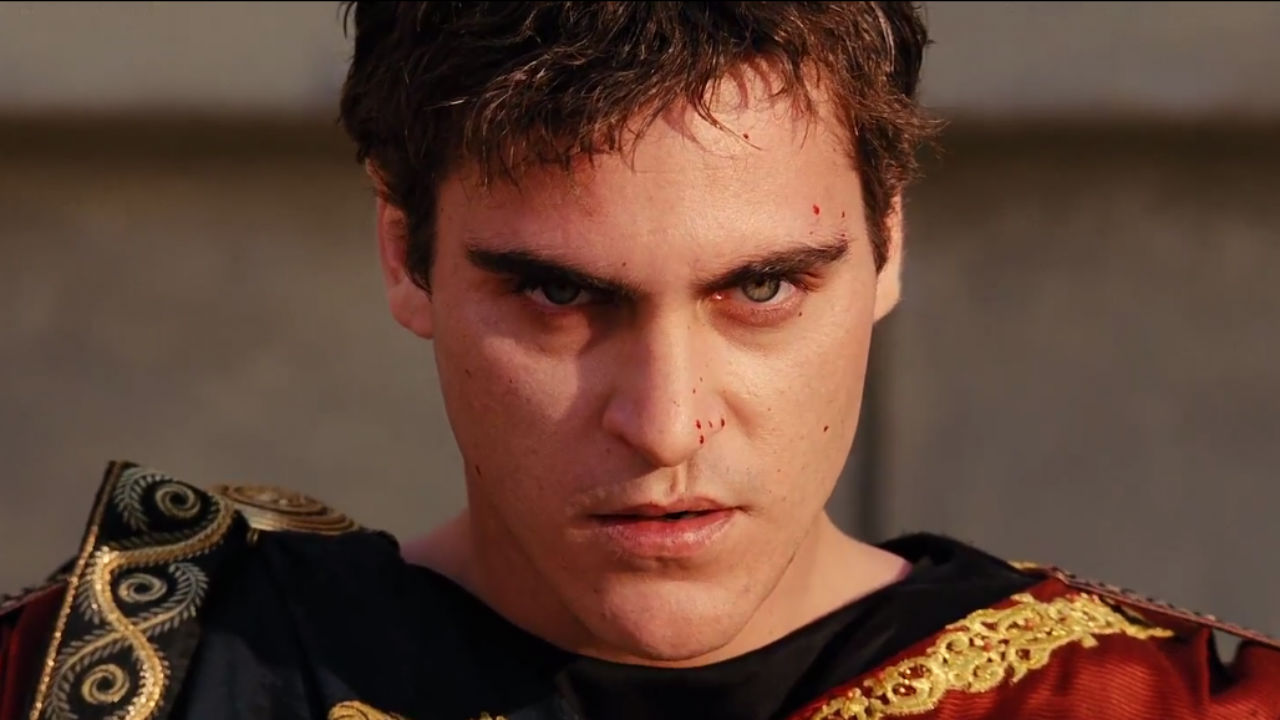
One of the quintessential historical epics of its generation, Gladiator was an exciting revitalization of the sword and sandals action spectacle genre that benefits from the unparalleled visual detail of Ridley Scott. Scott has sadly never won an Oscar, as he lost that year to Steven Soderbergh for Traffic, and it’s a shame because he does an amazing job at building up the story of Maximus Decimus Meridius (Russel Crowe), a Roman general who is denied the role as Emperor after the evil Commodus (Joaquin Phoenix) kills his family and sells him into slavery.
The key backstory of Maximus’s tragedy is instrumental in driving the story, and in turn it gives gravity to the epically realized gladiatorial combat sequences. Crowe is never less than riveting in the lead role, and gives the perfect amount of pathos needed to balance the nonstop violence of the story. Hans Zimmer’s masterful score also adds to the all-encompassing feel of the narrative. It’s one of the best films of Scott’s career, and makes for an untraditional and entertaining type of Best Picture winner.
11. Argo
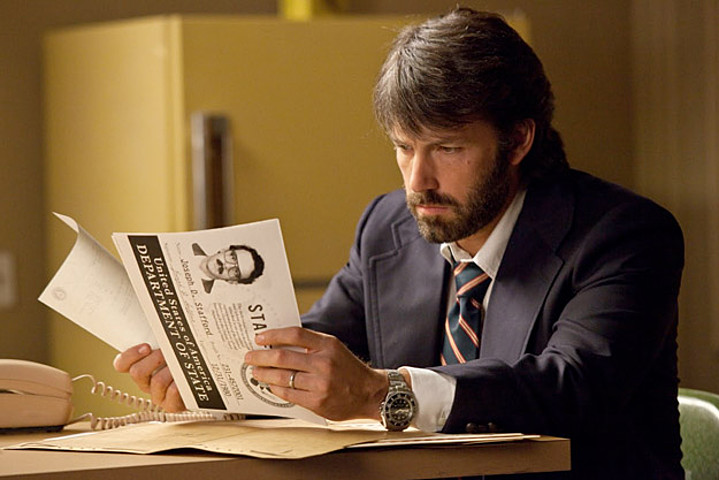
The Academy Awards love to reward movies about Hollywood, and Argo has a great true story to tell that shines a light on an unheard of story of triumph and heroism. Ben Affleck directed and starred in the film as Tony Mendez, an American C.I.A. agent who rescued six Americans from Iran in 1979 by having them go undercover as the crew of a science fiction film. The Hollywood side of the story allows Affleck to give some pointed satire on the film industry, but he’s also able to show the positive and innovative side of making a film.
Despite the comic edge of the Hollywood aspect, the film is a relentlessly tense depiction of escaping a war torn country. Affleck constructs the film in a method similar to a heist film, and is able to put his dynamic cast of characters in imminent danger as they attempt to not blow their cover. The film’s thrilling third act airplane escape is a downright brilliant piece of filmmaking. While Argo had serious competition in 2012, including great films like Zero Dark Thirty, Lincoln, Django Unchained, and The Life of Pi, it stands as a worthy winner.